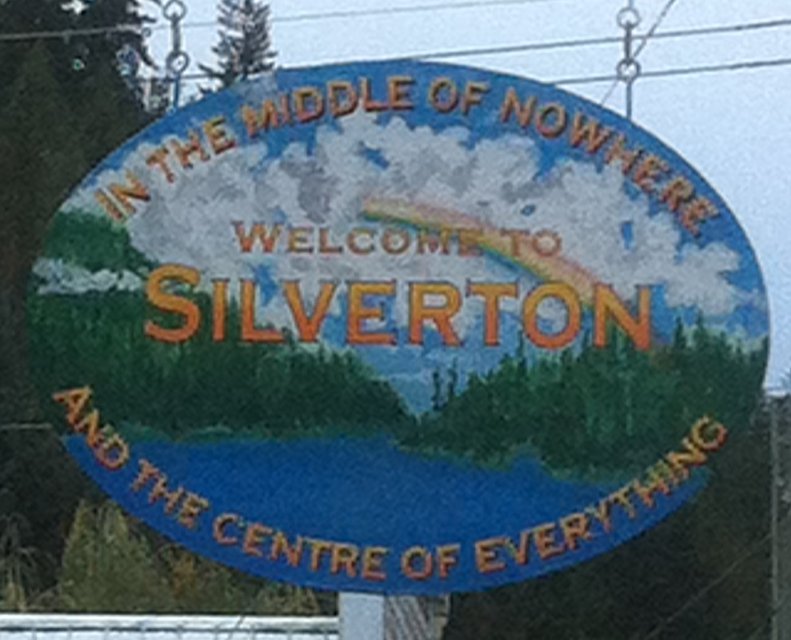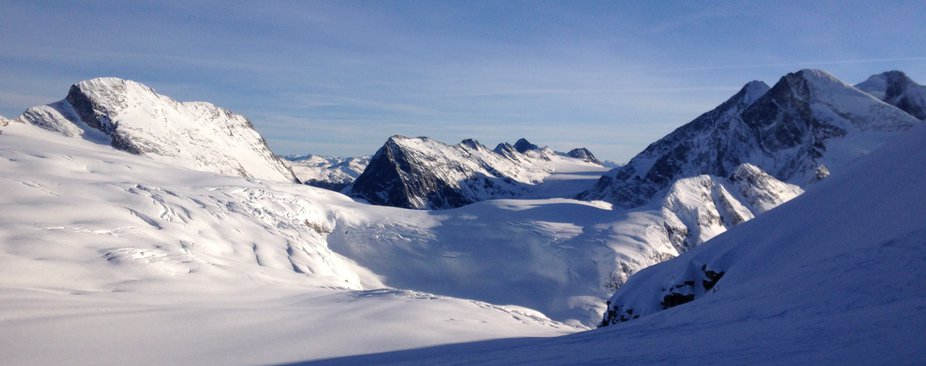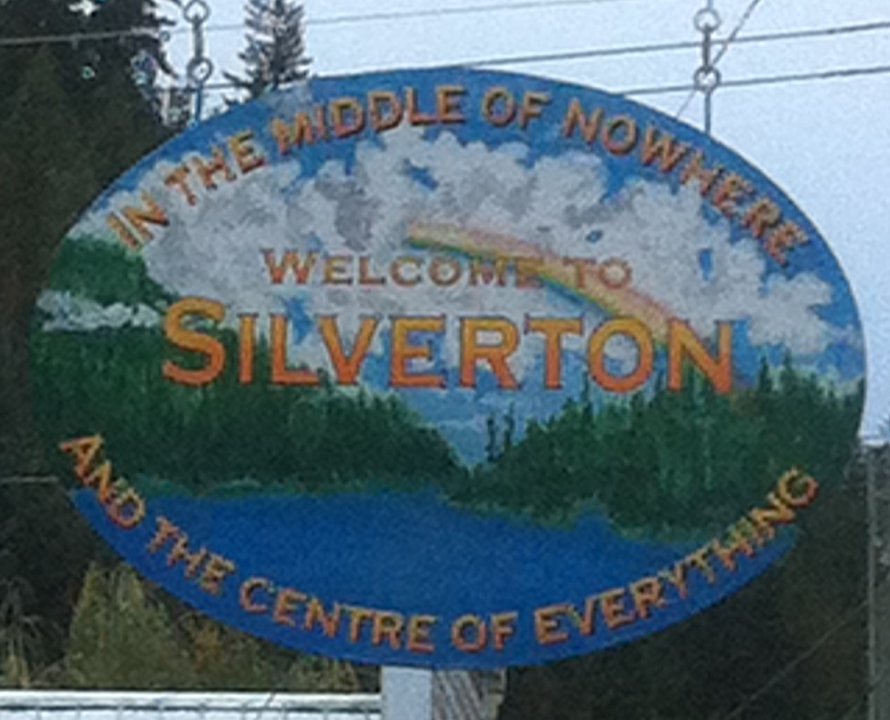The Middle of Nowhere. An actual location, or a state of mind? 
As skiers we often find ourselves travelling to remote locations, either to live or visit, so we can get the most out of our sport. Driving for hours on end every weekend from major urban centres to resort towns. Moving to isolated mountain towns with only one road in and out for most of the year. Touring deep into the heart of a mountain range to spend a week at a backcountry hut. The act of skiing almost always means getting away from the masses and surrounding yourself with nature. With over half the population of the planet living in urban centres currently, it is a common conception that anything outside the city can be considered the middle of nowhere.
A few weeks ago I was in Vancouver visiting a friend. We were enjoying a few beers on a sunny patio talking about the changing of the seasons and why one doesn't visit the other more often. Usually when I have these conversations with my city friends it ends with me being a bad friend for not coming into the city as much as I should, and never the other way around. Anyone who doesn't live in urban centres is looked at as though it's a fault and are expected to travel to 'the city' for everything from holidays and weddings to trying out that new popular restaurant. When you tell people you can't make it, they have a hard time understanding why you would live so far away from everything and want to miss out.
While it is easy to grasp the thought that places like Cooke City, Montana and Silverton, Colorado seem like the middle of nowhere to those living in a big city, it can be argued that places such as New York City, Toronto, and L.A. can also be considered the middle of nowhere to certain people. By definition, the 'middle of nowhere' is claimed to be a place that is, in it's simplest terms, hard to get in and out of; somewhere where you are not. Spending my youth in Southern Ontario, I always had a distaste for Toronto. The city appeared to me as if it continued on forever with nothing to offer but rude people, grid lock traffic, and a transportation system designed to get people in, but not out. Sitting in the concrete jungle of Toronto, the task of leaving the city is
all but a quick and easy one. Combine that with the rat race mentality of city life and suddenly, places like Toronto are far from where a skiing minded person wants to be.
Switching to the other side of the spectrum now, lets look at the West Kootenay region of British Columbia. Most southern Ontario folk don't know where it is, Vancouver and Calgary folk, while at least knowing where the Kootenays are, consider it a burdening task to visit. Yet, to a skier, the West Kootenays is a sort of mecca for it's terrain and snowfall. With cat skiing operations owned by pro skiers, a large heli skiing industry that attracts people from around the world, and a dedicated crowd of people from Calgary making the 5 hour drive to Revelstoke to ski every weekend. Revelstoke alone attracts enough tourists every weekend to inflate the towns population of 7000 people to around 10000 - to do so means travelling through two dangerous mountain pass's prone to extensive and unpredictable closures and 5 destination ski resorts along the way. One could argue either way as to the proximity of locations like the West Kootenays to this place called nowhere.
No matter who you are, or what you do in life, there will always be places of importance and places that give you the feeling of distance and isolation from society and the connected world. One thing I know for sure, is that when I'm out in the backcountry on top of some unnamed peak with no sign of humanity besides the odd clear cut and my own skin track, I wouldn't rather be anywhere else. Nowhere? Nah... I say I am now here. Maybe one day I will move to the city, work some random job behind a desk, blend in with the crowd and get away from it all. That would be my middle of nowhere.

Middle of Nowhere to some. The centre of the universe to others.


Comments